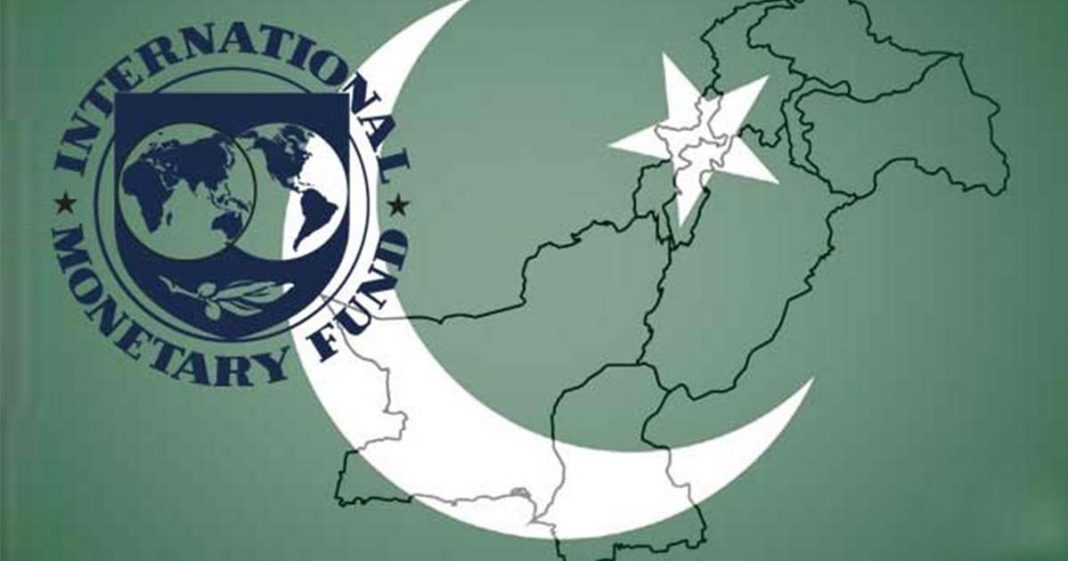On September 12, 2024, Pakistan announced it has successfully resolved its outstanding issues with the International Monetary Fund (IMF), clearing the way for the approval of a $7 billion loan. This resolution comes after prolonged negotiations and marks a crucial step in stabilizing Pakistan’s economy.
IMF Board Meeting Scheduled
Finance Minister Muhammad Aurangzeb confirmed that the IMF board will meet on September 25 to finalize the approval of the Extended Fund Facility. The $7 billion loan, which is set for a 37-month term, aims to support Pakistan’s economic reforms and provide financial stability.
New Tax Regulations
In alignment with the IMF agreement, the Pakistani government is introducing new tax regulations. Proposed changes to the Income Tax Ordinance will restrict current income tax filers from purchasing assets if their declared income and cash balances do not meet specified thresholds. This move is based on a review by the Federal Board of Revenue (FBR), which highlighted that only a fraction of the six million filers report annual incomes above Rs10 million.
Efforts to Boost Tax Collection
The government plans to enhance tax revenue through new legislation and stricter enforcement. Measures include limiting asset purchases and bank withdrawals for taxpayers whose reported income is insufficient to cover these transactions. These reforms are intended to address gaps in tax collection and improve compliance.
Economic Impact and Implementation
While the IMF deal is expected to provide long-term stability, it also poses economic challenges. Pakistan has faced delays in securing necessary financing and loan rollovers. Effective implementation of the new tax regulations will be crucial in achieving the financial stability envisioned by the IMF agreement.
Focus on Compliance
The FBR will intensify efforts to ensure compliance among existing taxpayers, including both individuals and businesses. The government is also considering additional reforms, such as restrictions on non-filers’ ability to invest or purchase property. These measures aim to broaden the tax base but will require careful balancing of economic and stakeholder interests.
Additional Reforms
Proposals are being evaluated to further restrict non-filers from engaging in financial activities like investing in mutual funds or buying real estate. These potential reforms are designed to encourage greater tax compliance, although their feasibility will be assessed in the context of existing economic pressures.


